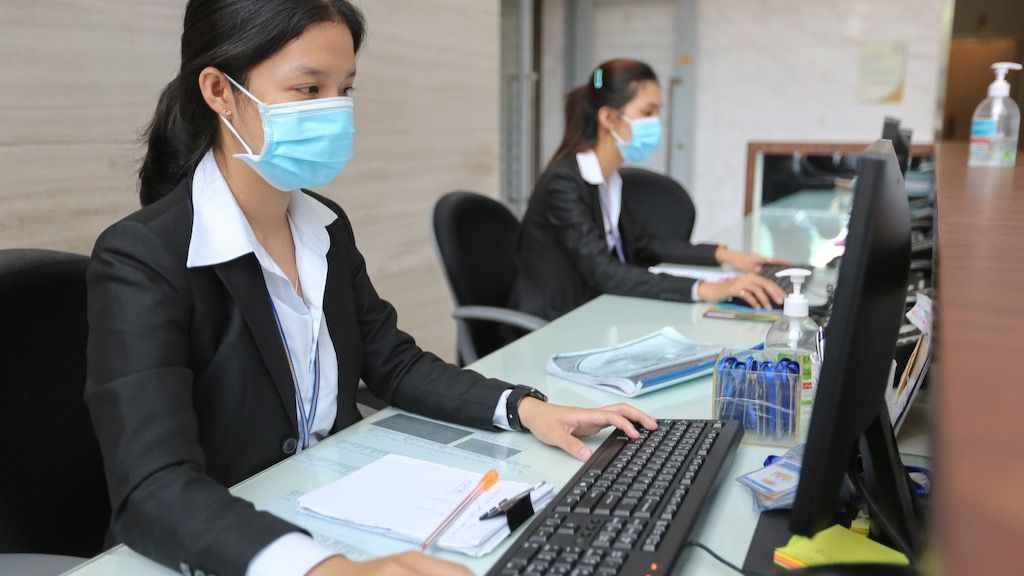
Green Investments, Revenue Mobilization, Big Data Key to Southeast Asia’s COVID-19 Economic Recovery
MANILA, PHILIPPINES (17 March 2021) — Southeast Asian countries can benefit from investments in green infrastructure, digital transformation, big data, and revenue mobilization through tax reform as the region recovers from the coronavirus disease (COVID-19) pandemic, said Asian Development Bank (ADB) President Masatsugu Asakawa at the second Southeast Asia Development Symposium.
“As countries slowly begin to emerge from the devastating health and economic impacts of the pandemic, we now stand at a critical juncture. The pandemic offers us a unique opportunity to rebuild for a more resilient, inclusive, and sustainable recovery,” said Mr. Asakawa at the opening session of the symposium. “The pandemic is presenting all of us with unprecedented challenges, and we need to forge a new path forward together, one which taps new ideas and technologies, and leverages our existing platforms for innovation and partnership.”
Developing economies in Southeast Asia can benefit from action in three key policy areas, which are laid out in a series of policy briefs released by ADB today:
- First, investing in environmentally sustainable development in five sectors—agriculture, oceans, urban and transport, waste management, and clean energy—could create 30 million jobs in Southeast Asia by 2030.
- Second, expanding the tax base, maximizing tax compliance, and simplifying the compliance process will significantly boost governments’ revenue and better position them to finance pandemic recovery.
- Third, by making better use of big data, countries can capitalize on the region’s digital transformation to enhance the delivery of health care, social protection, and education.
The symposium, "Innovation through Collaboration: Planning for Inclusive Post-COVID-19 Recovery", is being held virtually on 17–18 March 2021. The event will explore how Southeast Asian nations can improve access to vaccines, revitalize businesses, create jobs, and harness big data and new technology to support growth. Big data refers to the science of using artificial intelligence, such as machine learning, to analyze large amounts of data for insights beyond what is captured in standard databases.
Other keynote speakers of the plenary session included Philippine Finance Secretary and ADB Governor Carlos G. Dominguez; United Nations Economic and Social Commission for Asia and the Pacific Executive Secretary Armida Salsiah Alisjahbana; Google Vice-President and Google.org President Jacquelline Fuller; International Vaccine Institute Director General Jerome Kim; and Bye Bye Plastic Bags and Youthtopia Voices founder Melati Wijsen.
The 2-day event is bringing together more than 3,400 high-level government officials, private sector representatives, and other stakeholders from more than 100 countries.
ADB is committed to achieving a prosperous, inclusive, resilient, and sustainable Asia and the Pacific, while sustaining its efforts to eradicate extreme poverty. Established in 1966, it is owned by 68 members—49 from the region.
This post was originally featured on the ADB website.
